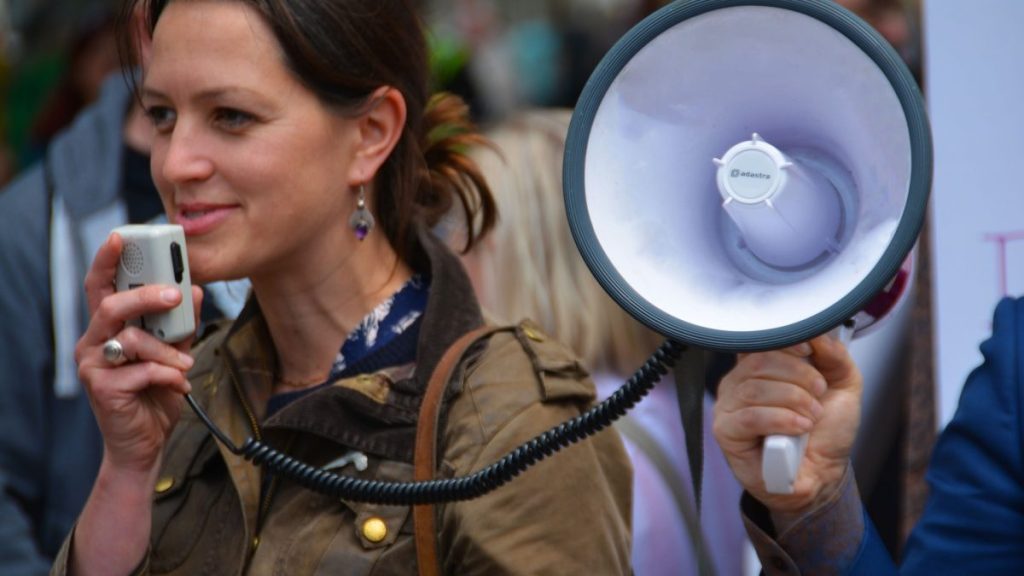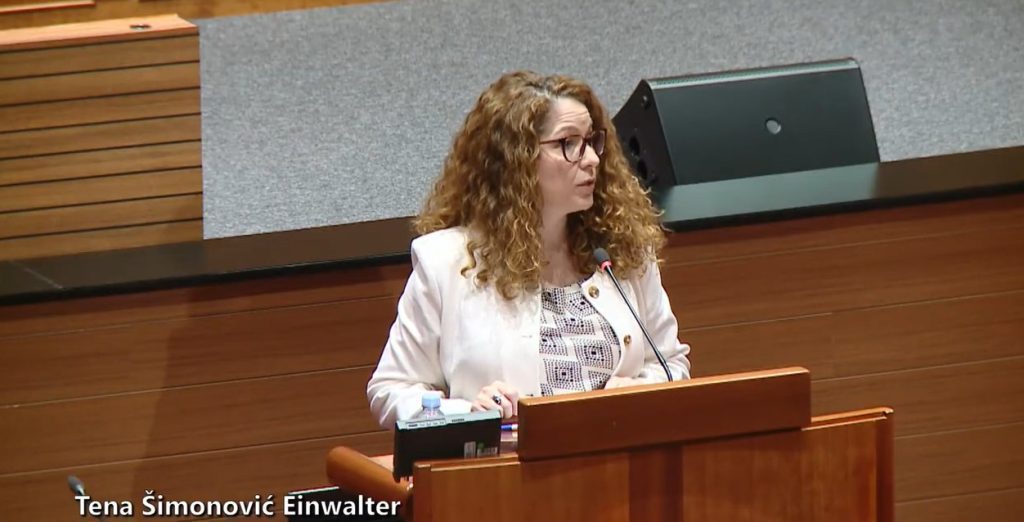In her statement, made at the end of year 2013, the Croatian Ombudswoman gave an overview of the main events which marked the year and had an impact on protection of individual and group rights in the country.
If there is anything people of different attitudes in Croatia would agree on, it is certainly that the year behind us was not a year in which we made a step forward in the field of human rights protection. However, the key task here is to learn the lessons from the 2013 in order to make progress in the upcoming 2014. Last year pointed out to three key elements which are of crucial importance for making further improvements in human rights protection and for the Croatian society as a whole.
Firstly, public debates on human rights issues unfortunately were not conducted in a tolerant atmosphere. Unacceptable, offensive and quarrelsome speech characterized the public debates on definition of marriage, minority rights, but also the issues related to sports, education, and health care, public https://stagesite.ombudsman.hr/wp-content/uploads/2019/10/post-10.pngistration reform. Verbal violence and discriminatory speech very easily create a basis for physical assaults, which we were – sadly – witnessing as well. Violence against national minorities and religious symbols at sport playgrounds and against civil initiatives’ activists signified a step backwards in terms of capacity to understand and tolerate different life style, opinion or belonging to minority social group. Therefore, our school system and all relevant institutions, but also public figures and the media must do a lot more in the upcoming years.
Secondly, the year 2013 showed another important fact: namely, that is not enough to simply have the good will to protect the rights of specific groups or individuals. Abiding democratic procedures is the only right way to do that. The failure to challenge the constitutionality of the referendum question – about marriage as an exclusive union of a man and a woman – before the Constitutional court, as well as a very short time dedicated to the public debate on the amendments to the Constitution, testified again that human rights can only be exercised within the democratic procedure framework.
Last but not least, the year 2013 reminded us of the fact that when citizens’ social rights are at risk, the embittered majority is prone to limiting the rights of minorities. Namely, in the year of protests of workers who do not receive salaries, people who had remained without the only housing due to debts, queues of unemployed individuals, underpaid medical doctors and patients without adequate healthcare, the most popular topic regarding human rights in the public became the collection of signatures and the referendum aimed at introducing a definition of marriage as an exclusive union of man and woman into the Constitution, although a provision stating that already existed in the law. Investment of social energy, material resources and public focus on these issues resulted in the polarization of society prior to the referendum on marriage, which continued with the following initiative aimed at limiting the right of minorities to use their language and inscription.
Therefore, the need to foster a more tolerant environment where the rights of different minorities are fully respected, adherence to the democratic procedure, decrease of the trend of social rights violation, constitute primarily the duty of the government, the Parliament and state institutions, but also of each of us as well.
With best wishes to all fellow citizens, I wish that we make a difference in 2014 and a step forward in realization of human rights in practice.
Lora Vidović, Ombudswoman



